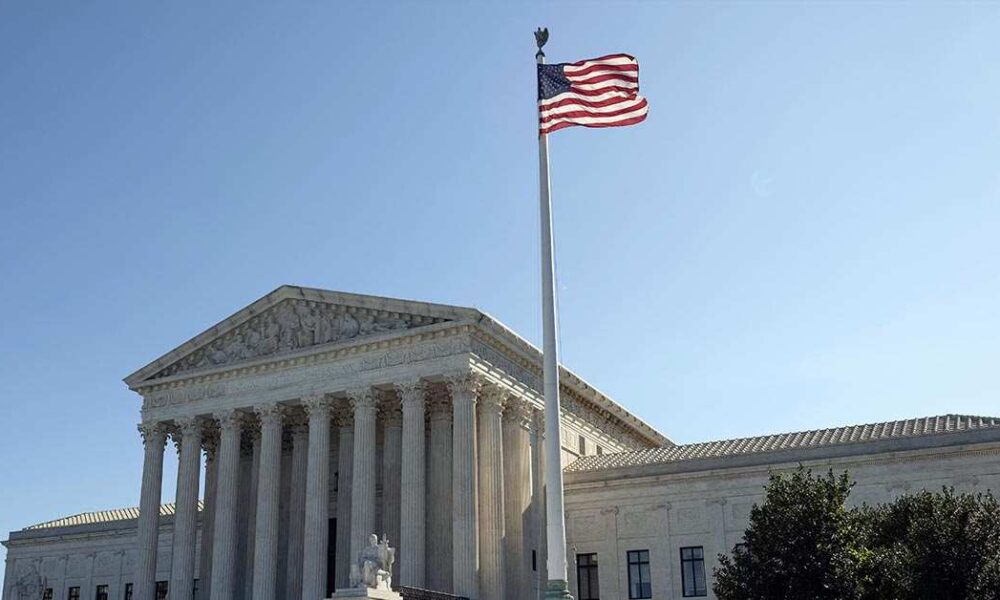Regulation
US Supreme Court Ends Chevron Doctrine’s Impact on Cryptography

The U.S. Supreme Court has ended the Chevron Doctrine, a 40-year-old rule that allowed federal agencies to interpret unclear laws. In a 6-3 vote, the court’s conservative majority ruled that judges should no longer defer to agency interpretations when the laws are unclear.
The Chevron doctrine originated in the 1984 case Chevron USA, Inc. v. Natural Resources Defense Council, Inc., which required that unclear laws be interpreted by federal agencies. Chief Justice Roberts stated, “Chevron is unworkable,” while asserting that courts should not blindly follow agencies’ interpretation of laws.
Amanda Tuminelli, legal director of the DeFi Education Fund, noted that agencies like the SEC and CFTC should be careful when expanding their regulatory reach without clear statutory authority.
According to House Majority Leader Tom Emmer, SEC Chairman Gary Gensler would be affected by the elimination of what he describe In contrast, Justice Elena Kagan considered regulatory abuses to be an elevation of judicial power because they disintegrate the role of federal agencies and their seasoned expertise.
Lawmakers are crafting bills like FIT21 to establish clear rules for the industry that have yet to reach President Biden’s desk. Non-crypto business areas expected to be affected by the decision include, among others, environment and pharmaceuticals. For several years, the Court has been gradually dismantling the forms of power of federal agencies and this process is unlikely to stop.
Read also : Cryptocurrency regulation in Seychelles: a hub for cryptocurrency businesses
